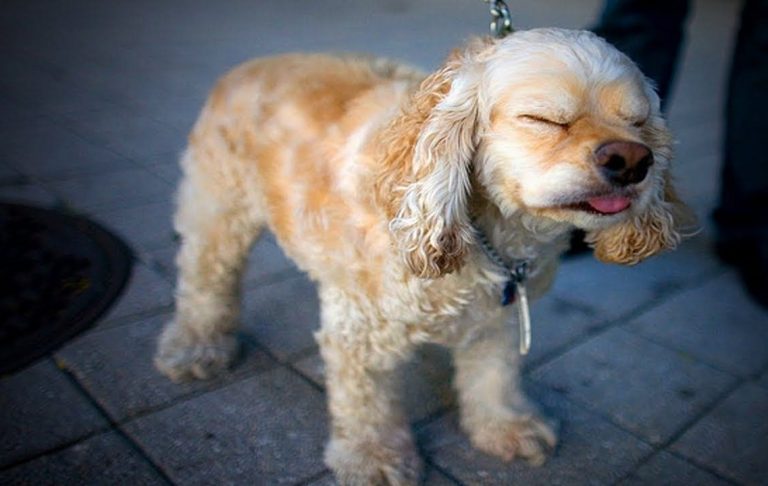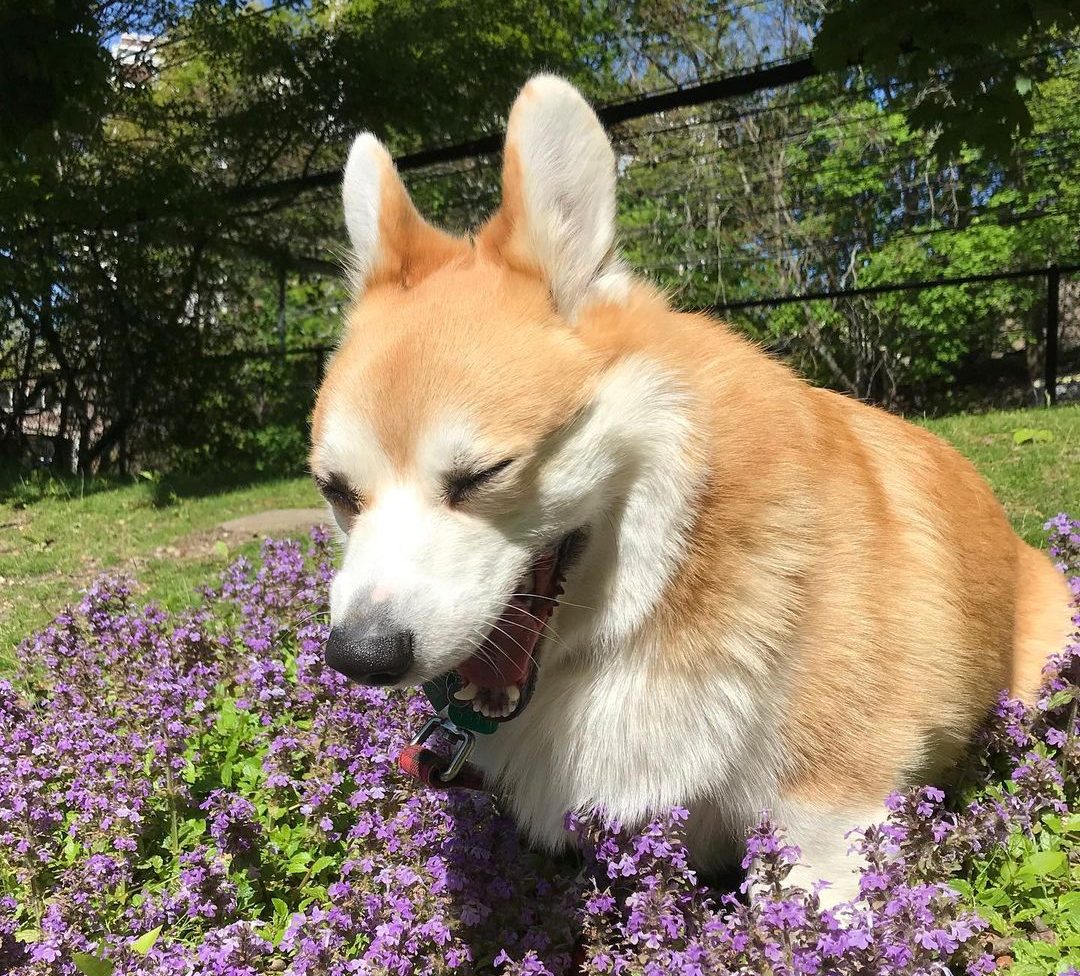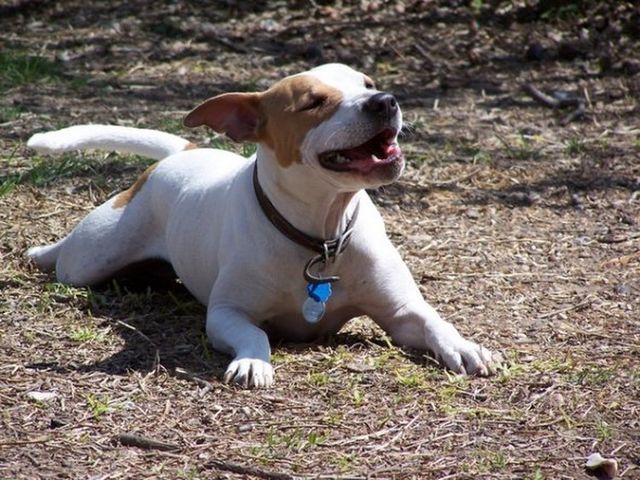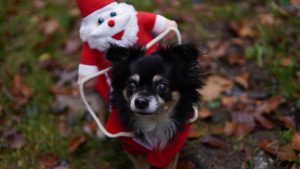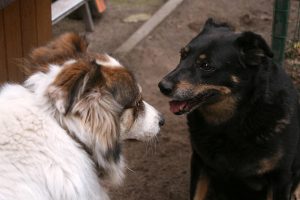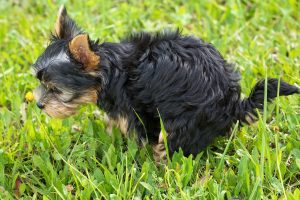Dogs’ sneezes are common. And they are quite cute. This might come as a surprise, but dogs squeeze more often than we think about it. They can squeeze their eyes shut and scrunch up their noses right before you hear a big acchhooooo. So, why do dogs sneeze when playing?
To answer that question, we have to look at the science of dog sneezing. There are reasons ranging from playful behavior and communication to some serious dog health concerns.
Let’s take a look.
Why Do Dogs Sneeze?
Similar to humans, there are many reasons for dogs sneezing. Some are more serious than others. But in most cases, occasional sneezing is nothing to worry about. Here are some possible reasons:
- One of the common reasons for a dog to sneeze is because your puppy inhaled something irritating stuck in his nose. Dogs often sneeze after sticking their snout into the grass or digging in the dirt, and sometimes, they might smell something irritating
- Another reason is communication with humans and other animals. Sneezes are a method of communicating, just like barking, or body language and facial expressions
- Many dogs like to sneeze when they play. Often called play sneezing, it is a normal dog behavior. Dogs use it to show their excitement and have a good time
- A fake sneeze is a trick our puppies use to get attention or show their interest in playing. Usually, dogs sneeze around mealtime or regular walk times. When a dog uses a fake sneeze, he will often watch you to make sure he gets your attention
- Sneezing can be often a sign of a dog’s health issue. Similar to humans, sneezing is a symptom of a mild health condition like the common cold
- Dogs sneeze because of pollen or any other seasonal allergy
- Some brachycephalic breeds have difficulty breathing. Pugs, Pekingese, Bulldogs, Boston Terrier, and similar dogs have compressed nasal passage that makes them more likely to sneeze
Why Do Dogs Sneeze While Playing?
Now that we know a couple of reasons why dogs might sneeze, let’s talk about why dogs sneeze when playing. As we mentioned before, it is a way for communication and excitement. The natural behavior is nothing to worry about. That being said, here are some reasons why dogs sneeze while playing.
- Excess energy: Dogs get overly excited during play, and that excess energy might result in a playful sneeze, helping dogs release some of their energy
- Social signaling: The second reason is dogs use their body language to communicate with each other, and sneezing signals friendly interaction and an indication that there is non-threatening play
- Playful behavior: Sneezing is part of a dog’s play behavior, similar to when people laugh or giggle when they are having fun
- Sensory stimulation: Last, but not least, we have to talk about sensory stimulation. Remember, when dogs play, it involves lots of movement and physical activity, leading to some dogs sniffing or inhaling dust, grass, or other particles
Let’s remember, that sneezing is often harmless. Yet, if you notice excessive sneezing, nasal discharge, or other signs of discomfort, consult your veterinarian.
How To Understand Different Sneezes?
We talked about how the act of occasional sneezing is a playful gesture. It is often a sign of excitement and enjoyment. But how can you differentiate that type of sneezing from any other dog sneezing?
Play sneezing is a normal behavior. But to distinguish it from other causes, look at the other signs and context. Pay attention to your puppy’s body language. This should include a relaxed posture, wagging tail, and open mouth. All of these signs indicate playfulness. You should also look at the frequency and context of sneezing during play to understand whether it is normal or not.
If you notice excessive sneezing, with other accompanying concerning symptoms, talk to a veterinarian. Or if the sneezing becomes a recurring pattern.
When A Sneeze Is Not A Sneeze?
We have to talk about a reverse sneeze. It is common in small dog breed puppies, but also in Brachycephalic dogs. When dogs experience a reverse sneeze, air is pulled quickly and loudly through the nose.
This results in a sudden loud noise, sounding more like a honk. Some owners might think their dog is laughing.
If this happens, your dog will stand with the elbows apart, head forward or back, before making the sound. Reverse sneezing rarely requires medical treatment, so you do not have to worry about it.
Snorting is also common in overweight dogs. The excess weight makes it harder for your puppy to breathe.
Last, but not least, sneezing might be kennel cough. If the sneezing is intense and paired with a honking, loud cough, and more, check with a veterinarian. If your dog has kennel cough, it is best that you treat it early rather than later.

